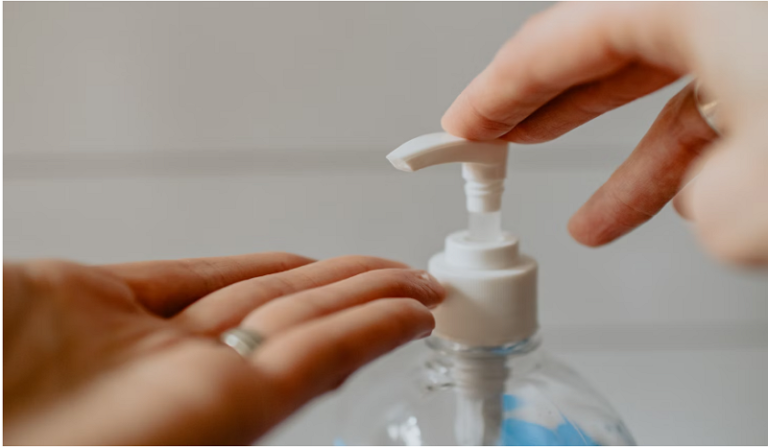
How to Adopt Preventive Health Practices
Adopting preventive health practices is essential for maintaining optimal health and avoiding chronic diseases. By taking proactive measures, you can improve your overall well-being and reduce the risk of health issues. Here are ten practical tips to help you adopt preventive health practices and enhance your preventive health care.
1. Schedule Regular Health Check-Ups
Regular health check-ups allow for early detection and treatment of potential health issues. Schedule annual physical exams with your healthcare provider to monitor your overall health. Regular screenings for blood pressure, cholesterol, blood sugar, and other vital metrics are crucial for maintaining good health.
2. Stay Up-to-Date with Vaccinations
Vaccinations are a critical component of preventive health care. Ensure you and your family are up-to-date with recommended vaccines for your age, health conditions, and lifestyle. Vaccinations protect against infectious diseases and contribute to overall community health.
3. Maintain a Balanced Diet
A balanced diet is fundamental to good health. Focus on eating a variety of fruits, vegetables, whole grains, lean proteins, and healthy fats. Limit the intake of processed foods, sugary beverages, and unhealthy fats. Proper nutrition supports immune function, reduces the risk of chronic diseases, and promotes overall well-being.
4. Engage in Regular Physical Activity
Regular exercise is essential for maintaining physical and mental health. Aim for at least 150 minutes of moderate-intensity aerobic activity or 75 minutes of vigorous-intensity activity each week, along with muscle-strengthening exercises twice a week. Physical activity helps manage weight, improve cardiovascular health, and boost mood.
5. Practice Good Hygiene
Good hygiene practices help prevent infections and the spread of germs. Wash your hands regularly, especially before eating and after using the restroom. Maintain oral hygiene by brushing and flossing daily, and keep your living environment clean and sanitized.
6. Manage Stress Effectively
Chronic stress can negatively impact health. Practice stress management techniques such as deep breathing, meditation, yoga, or engaging in hobbies. Adequate stress management can improve mental health, lower blood pressure, and reduce the risk of chronic diseases.
7. Avoid Tobacco and Limit Alcohol Consumption
Tobacco use and excessive alcohol consumption are significant risk factors for various health problems. If you smoke, seek support to quit. Limit alcohol intake to moderate levels—up to one drink per day for women and up to two drinks per day for men. Reducing these habits can significantly improve your health.
8. Get Adequate Sleep
Quality sleep is crucial for overall health. Aim for 7-9 hours of sleep per night. Establish a regular sleep schedule, create a relaxing bedtime routine, and ensure your sleep environment is conducive to rest. Adequate sleep supports immune function, mental health, and overall well-being.
9. Stay Hydrated
Proper hydration is essential for bodily functions. Drink at least 8 glasses of water a day. Carry a reusable water bottle to ensure you stay hydrated throughout the day. Staying hydrated supports digestion, circulation, and temperature regulation.
10. Educate Yourself and Stay Informed
Stay informed about preventive health practices and make educated decisions about your health. Read reliable sources, attend health workshops, and consult with healthcare professionals. Understanding preventive health measures empowers you to take control of your health and make informed choices.
Conclusion
Adopting preventive health practices is a proactive approach to maintaining optimal health and well-being. By following these practical tips, you can reduce the risk of chronic diseases, improve your overall health, and enjoy a better quality of life. Regular check-ups, vaccinations, a balanced diet, physical activity, good hygiene, stress management, avoiding tobacco and excessive alcohol, adequate sleep, proper hydration, and staying informed are key strategies for effective preventive health care. Start incorporating these practices into your daily routine to enhance your health and well-being.




